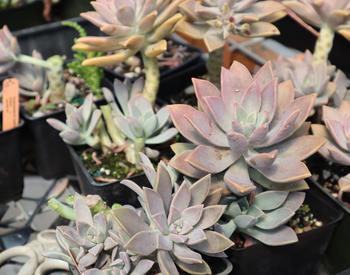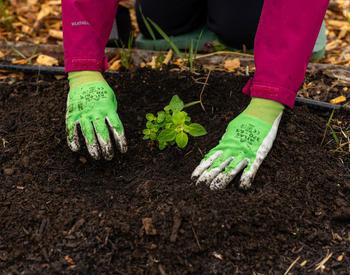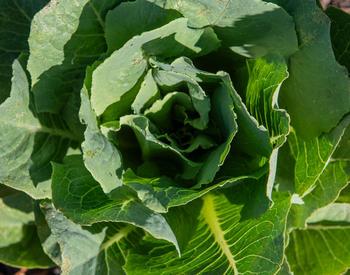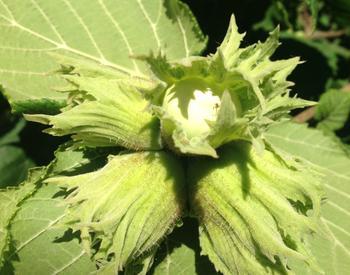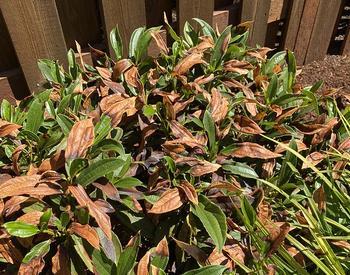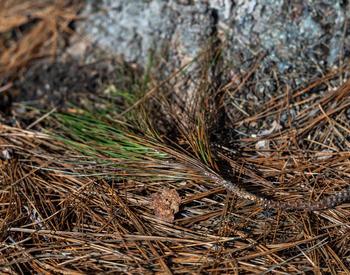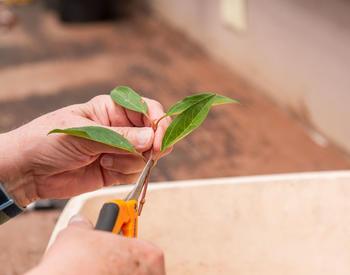I have a 10x10 community garden plot for a family of 4. I want to do the best I can to supplement our SNAP dollars with food from my garden. Thanks in advance for your help!
It is wise of you to work out how to grow your own healthy and cheap food in these expensive times! I have included some considerations for getting the most out of your garden space.
What is most cost-effective to grow at home?
One of the first things to think about when starting a garden is what produce is cheap to buy at the grocery store and what costs more. For example, potatoes are pretty cheap and take up quite a bit of space in your garden, so they may not be worth it to grow with limited resources.
Which plants will help maximize your garden space?
Peas, cucumbers and pole beans can be trained upwards, so you can get a lot of produce for the amount of space they are taking up. Certain squashes can also be trellised up, such as tromboncino or zucchini. I also suggest planting a single head of broccoli, because once the central head is cut, the broccoli will keep producing small side pieces until it freezes in the winter.
Can you strategically rotate which foods you grow throughout the season?
I suggest planting peas in March and replacing the plants with a fall crop of beets or bush beans in late June. I also suggest planting lettuce, spinach or Chinese cabbage in April and replacing it when harvested with carrot seed (they will last long into the winter). If you find yourself with garden space to spare in May, I recommend growing fresh herbs like basil or oregano.
How do you plan to use your produce?
You may be thinking about growing a tomato plant or two, but consider if you prefer to eat fresh tomatoes or if you are planning to preserve the tomatoes as salsa or sauce. If your plan is to preserve them, you could take a visit to a local farm for U-pick and save the garden space for other produce that can't be stored long-term.
For more tips on how to start your own home garden, check out our bilingual publication: Growing Your Own, OSU Extension Service
You can also explore our Seed to Supper program to learn how to grow food on a budget.



